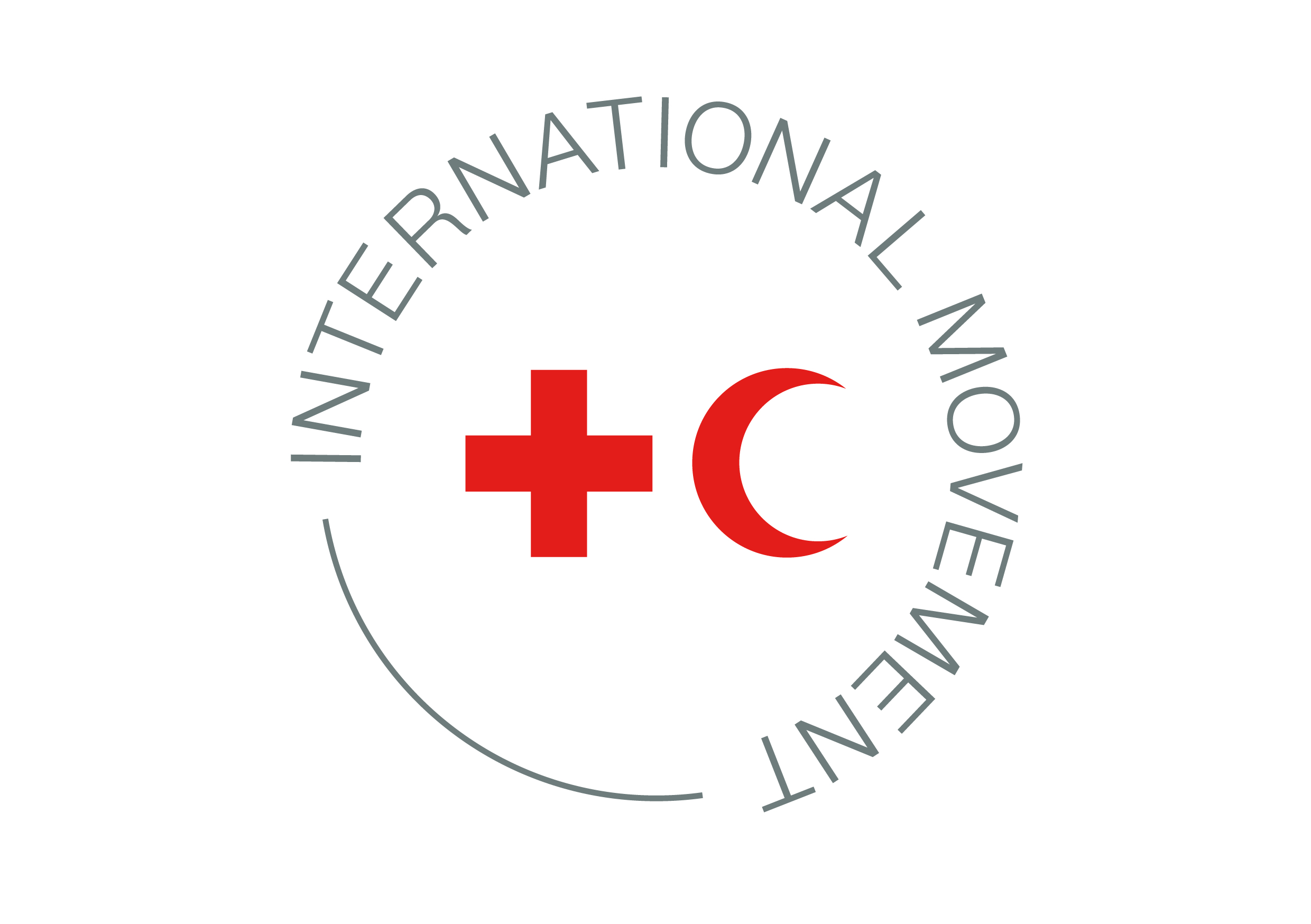Actions taken:
If YES, please describe the actions taken (including challenges encountered if there is any) and provide concrete examples (including written reports, programme information, photos and videos*)
- Key facts and figures
- The British Red Cross (BRC) remains committed to responding to human trafficking in the context of migration, and part of this commitment is shown through the inclusion of trafficking throughout the 2020-2030 Corporate Strategy.
- BRC has recently concluded the EU-funded “Sustainable integration of Trafficked human beings through proactive identification and Enhanced Protection” (STEP) project. In addition to providing longer term support and integration opportunities for third country nationals living in the UK who had experienced trafficking, we have also partnered with the Netherlands RC, Croatian RC and a French NGO to develop awareness of and responses to trafficking in the context of migration flows across Europe. Our July 2019 report on the implementation of the STEP programme in the UK can be found at: https://www.redcross.org.uk/-/media/documents/about-us/research-publications/human-trafficking-and-modern-slavery/hope-for-the-future.pdf
- Each year BRC supports over 300 people who have experienced trafficking and exploitation; the majority of these people come from outside of the UK and Europe.
2 High resolution pictures with an extended caption
N/A
1 Story of interest
BRC colleagues associated with the STEP programme in the East Midlands have worked closely with a Nottingham local authority pilot project designed to support victims of modern slavery.
In one significant case, STEP worked with the local authority’s pilot project and the council housing department to jointly support one survivor. Initially supported by STEP, a delay in issuing relevant documents for this survivor meant there was some uncertainty about whether they had recourse to public funds upon being issued leave to remain (this entitlement to public funds was subsequently confirmed). STEP’s referral of this survivor to the local authority’s pilot project triggered a helpful clarification discussion with the UK Home Office, which subsequently widened eligibility for local authority support to include survivors leaving asylum accommodation as well as those leaving safe houses. With this clarification, the local authority could accept the survivor directly into its housing pathway. This gave the survivor immediate access to longer-term accommodation rather than having to go into temporary accommodation or a homelessness hostel.
Because a local authority housing caseworker had also been involved in the case, STEP organised a joint casework conference with the local authority and the housing caseworker to ensure that the respective roles of each organisation were clear and that there was no duplication of effort. The support for this survivor has now been fully transferred to the local authority pilot, and they are settled in a new home and engaging in new opportunities such as preparing for work and attending money management courses.
Possible challenges
It is often difficult for our volunteers and staff to work on ways to support the survivors of human trafficking given the increased hostility towards migrants in the UK and across Europe. It is also difficult to emphasise the support needs of people who have experienced trafficking, when their right to remain in the UK is often challenged by the authorities and the public.
Statutory providers have experienced significant cuts to their own budgets for several years, which means they are often unable to meet the support needs of every survivor of human trafficking. Therefore, the demand for BRC services is always increasing, making it harder for us to provide support to all those who need it, given our own limited resources.
Nevertheless, the British Red Cross has observed increased collaboration by Red Cross and Red Crescent actors across Europe and beyond. It would seem that we are increasingly sharing expertise, information and advice in this field and this helps us all to improve practice locally.

